Inside Marseille's deadly drug wars
Teenage hitmen recruited through social media are lured by money and gangs' carefully crafted 'brand'

A free daily email with the biggest news stories of the day – and the best features from TheWeek.com
You are now subscribed
Your newsletter sign-up was successful
A series of brutal murders in Marseille has shone a new spotlight on the city's deadly drug trade, and revealed gangs' increasing use of teenage hitmen recruited through social media.
Marseille's new public prosecutor, Nicolas Bessone, denounced the "unprecedented savagery" of recent attacks, which culminated in a 15-year-old being stabbed 50 times and burned alive. It is just the latest drug-related homicide in a city that recorded an unprecedented 49 such killings in 2023, a 50% rise on the previous year and up from 20 in 2020, as a turf war between local gangs Yoda and DZ Mafia reached a peak.
The use of teenage hitmen – also a growing issue outside France – has caught the public's attention and is the subject of a new book by journalists Jéremie Pham-Lê, Vincent Gautronneau and Jean-Michel Décugis which documents a "new generation of hurried, uninhibited, no-holds-barred" teenagers "galvanised by extreme violence, who think they're living in a video game but shoot live ammunition".
The Week
Escape your echo chamber. Get the facts behind the news, plus analysis from multiple perspectives.

Sign up for The Week's Free Newsletters
From our morning news briefing to a weekly Good News Newsletter, get the best of The Week delivered directly to your inbox.
From our morning news briefing to a weekly Good News Newsletter, get the best of The Week delivered directly to your inbox.
How did Marseille become a hotspot for drugs?
A major hub for the European drug trade since the 1960s – when it was used by the Corsican mafia to smuggle heroin grown in Asia to the US in a route known as the French Connection – Marseille is still a major transit point for drug trafficking today.
The city is also a large market in itself. Some of Marseille's dealing spots turn over between €25,000 and €90,000 daily. "Money that flows, corrupts and kills", said Nicolas Bessone. But while drugs have long been a way of life in France's second city, the levels of violence and the age of those carrying it out is something new.
How are teenagers being recruited as hitmen?
Matéo is one of the central figures of the new book "Contract killers: Investigating the new phenomenon of shooters". The 18-year-old's "skinny frame and spotty face belie a sinister reputation as one of Marseille's most prolific contract killers, charged by investigators with carrying out at least six murders in the space of a month", said France 24.
Matéo gained cult status when, instead of fleeing the scene after his first killing, he filmed his victim's body then set his car alight, posting the gruesome footage on Snapchat along with a soundtrack and the "DZ Mafia" signature, after the gang that hired him. This all adds to DZ Mafia's "brand", said Le Monde, used to recruit youngsters as street dealers or killers for hire, and highlights the "alarming lightning rise of a criminal enterprise with ambitions of dominance".
A free daily email with the biggest news stories of the day – and the best features from TheWeek.com
He is typical of a growing number of teenagers "fascinated by organised crime like others are by jihadism", a police source told Le Parisien, describing the teenager as "radicalised by crime".
Another police source quoted by local daily La Provence highlighted the lucrative nature of contracts handed out by gangs and the role played by social media in escalating the stakes, noting that a hitman hired for €20,000 could more than double his gains if he generated enough publicity online.
What is being done about it?
Marseille has "become the symbol of the challenges French law enforcement faces in combating drug traffickers as consumption rises nationally", said the Financial Times.
Senator Jérôme Durain, who co-led a recent inquiry into France's illegal drug trade, said the police and courts were overwhelmed by the massive resources of traffickers, who are estimated to earn between €3.5 billion and €6 billion annually. "The police told us that they were not sufficiently armed to fight the drug gangs – it has become an asymmetric conflict," he said, calling for authorities to "go after the bosses and track their money" rather than attempting to eradicate small-time drug dealing.
In Marseille, Besson has targeted the heads of the networks, including those living abroad. To aid him, the Minister of Justice is creating liaison magistrate jobs in Dubai, "as this is where the drug lords have flown to", said Euronews. The new strategy appears to be paying dividends, with gang-related murders in the city down on last year's high, seizures of drugs, criminal assets and firearms up, and five to 10 selling points dismantled every day.
Efforts are also under way to "rebuild trust between the police and the population", such as investments in sporting facilities in drug-plagued neighbourhoods. Families in the impoverished northern districts have also "highlighted the urgency of tackling the social roots of drug dealing through employment", and developing entrepreneurship and investing in local businesses is part of the "long-term solution". The state has pledged additional support to school dropouts and single-parent families.
But many people have "lost confidence" in the state, and have little faith that it has the tools or will to counter a wave of violence driven by the lure of money and social media infamy.
-
 How the FCC’s ‘equal time’ rule works
How the FCC’s ‘equal time’ rule worksIn the Spotlight The law is at the heart of the Colbert-CBS conflict
-
 What is the endgame in the DHS shutdown?
What is the endgame in the DHS shutdown?Today’s Big Question Democrats want to rein in ICE’s immigration crackdown
-
 ‘Poor time management isn’t just an inconvenience’
‘Poor time management isn’t just an inconvenience’Instant Opinion Opinion, comment and editorials of the day
-
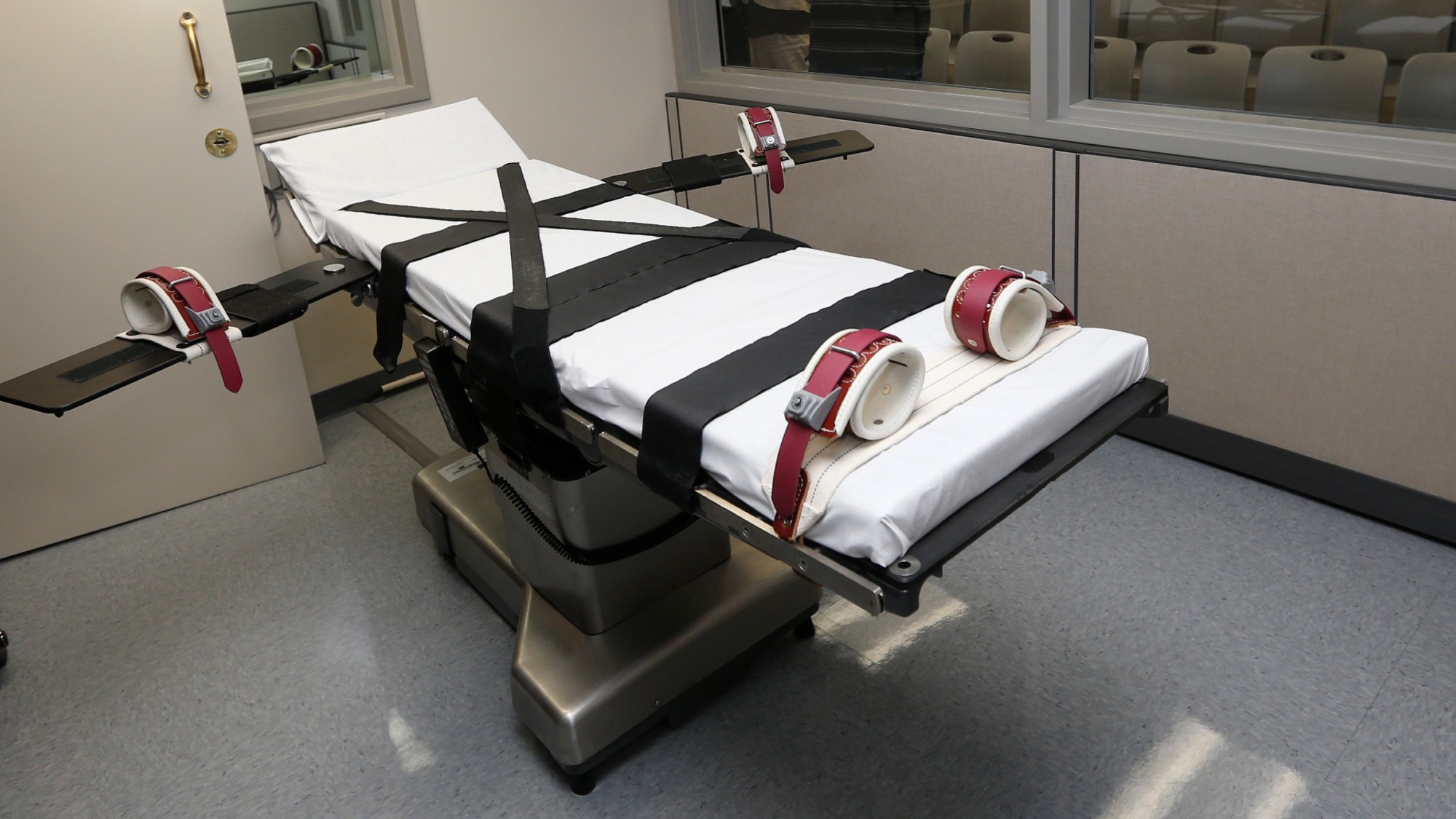 Executions are on the rise in the US after years of decline
Executions are on the rise in the US after years of declineThe Explainer This year has brought the highest number of executions in a decade
-
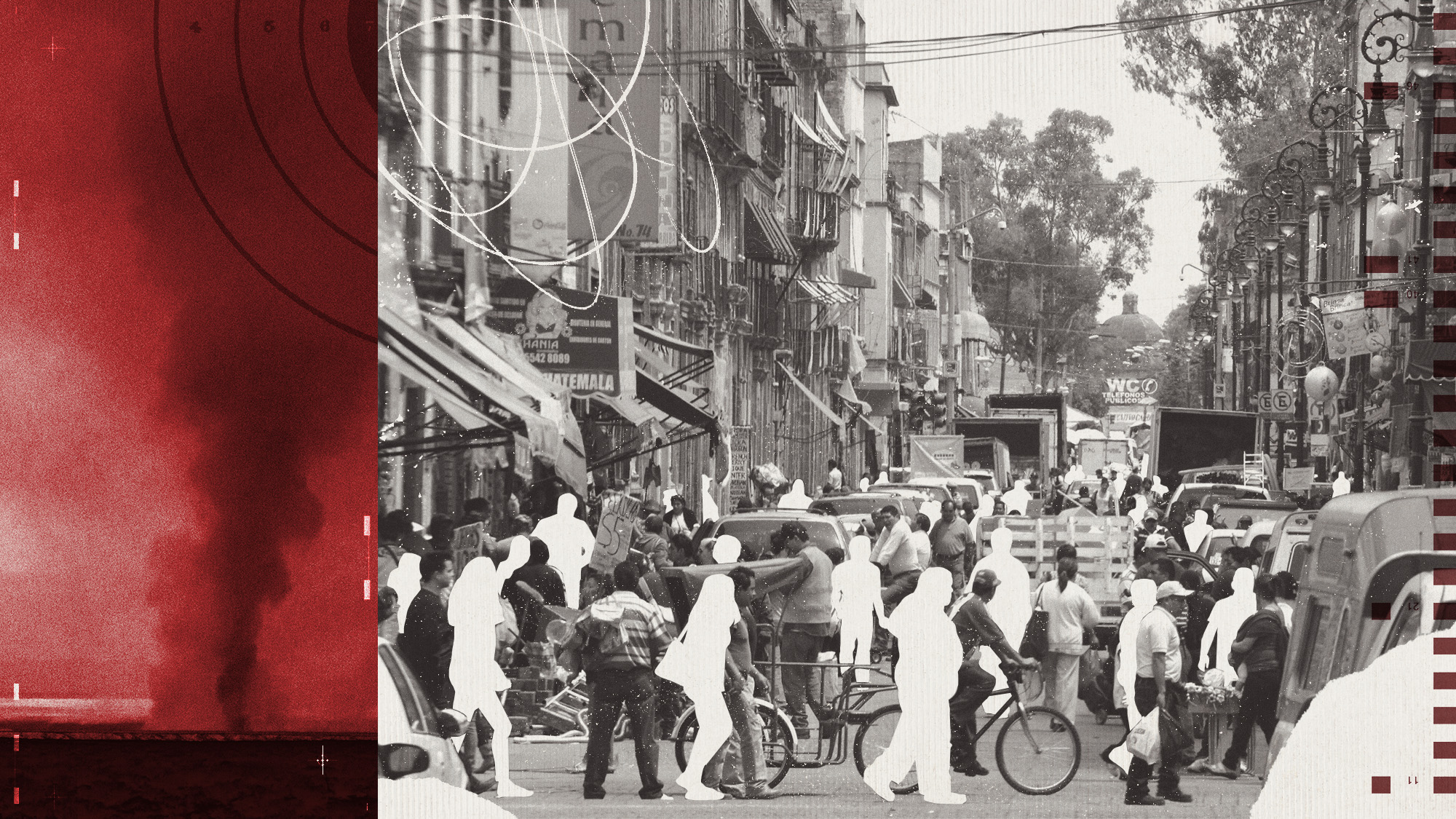 Mexico’s forced disappearances
Mexico’s forced disappearancesUnder the Radar 130,000 people missing as 20-year war on drugs leaves ‘the country’s landscape ever more blood-soaked’
-
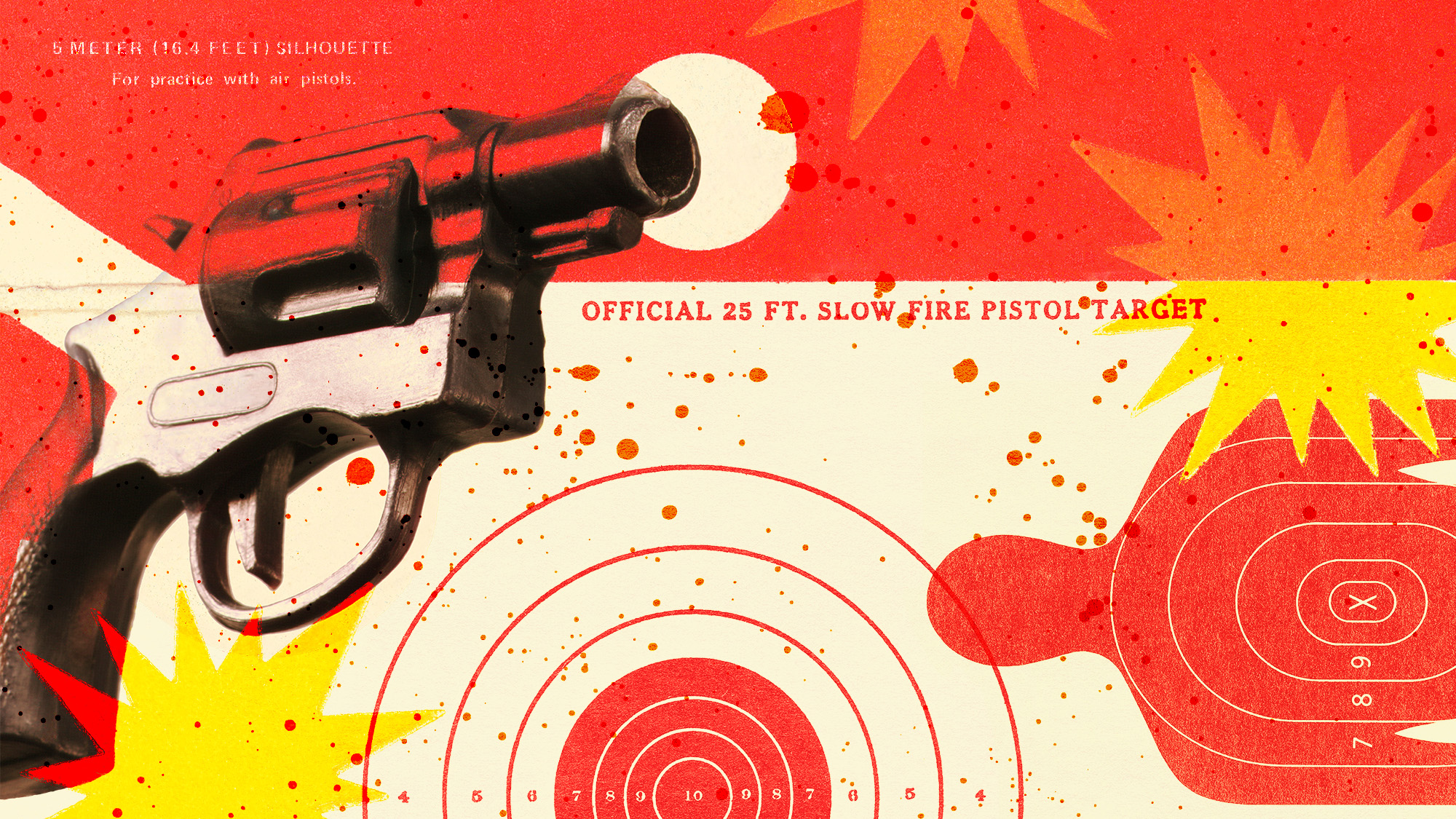 Trump lambasts crime, but his administration is cutting gun violence prevention
Trump lambasts crime, but his administration is cutting gun violence preventionThe Explainer The DOJ has canceled at least $500 million in public safety grants
-
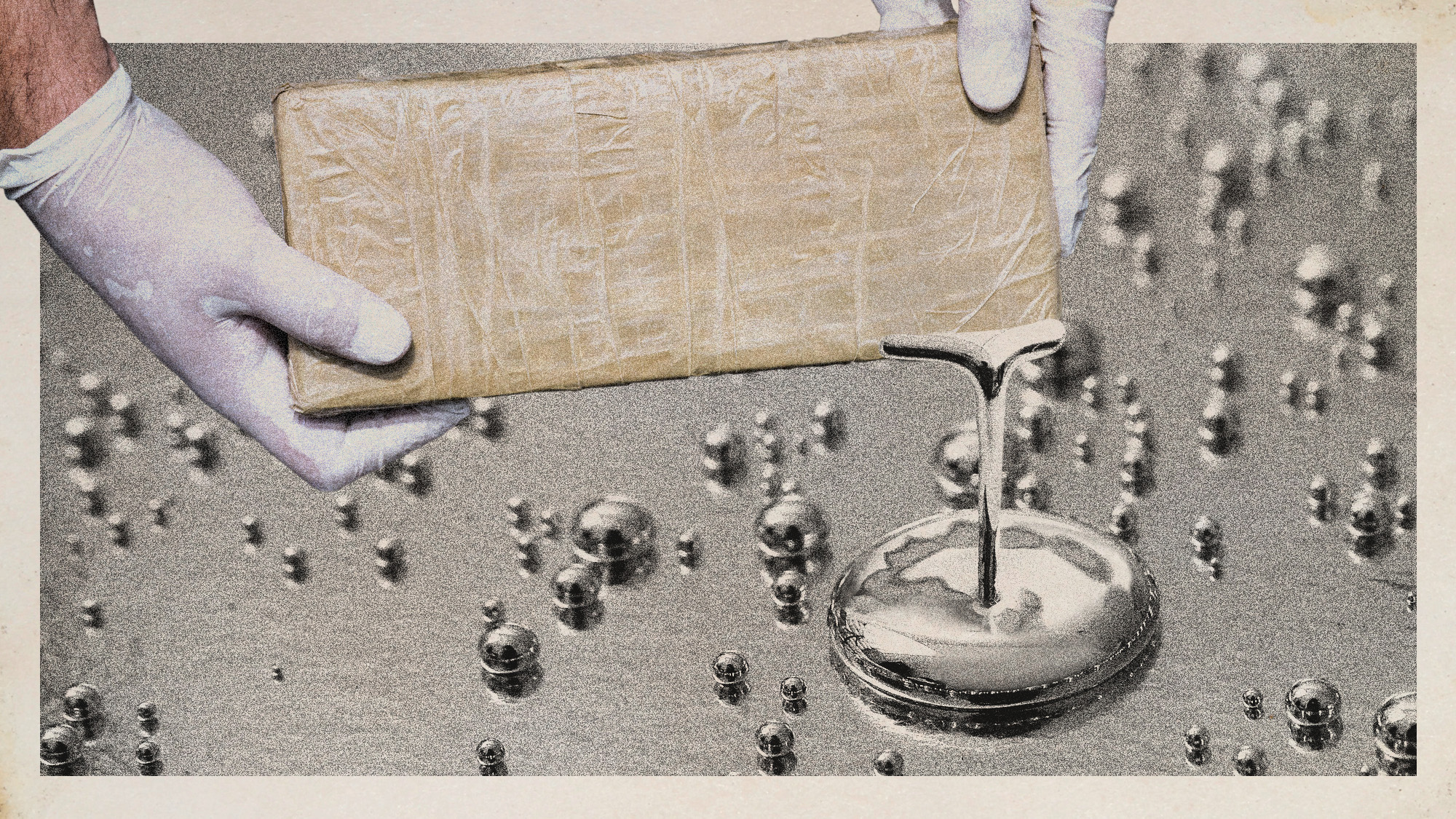 Illicit mercury is poisoning the Amazon
Illicit mercury is poisoning the AmazonUnder the Radar 'Essential' to illegal gold mining, toxic mercury is being trafficked across Latin America, 'fuelling violence' and 'environmental devastation'
-
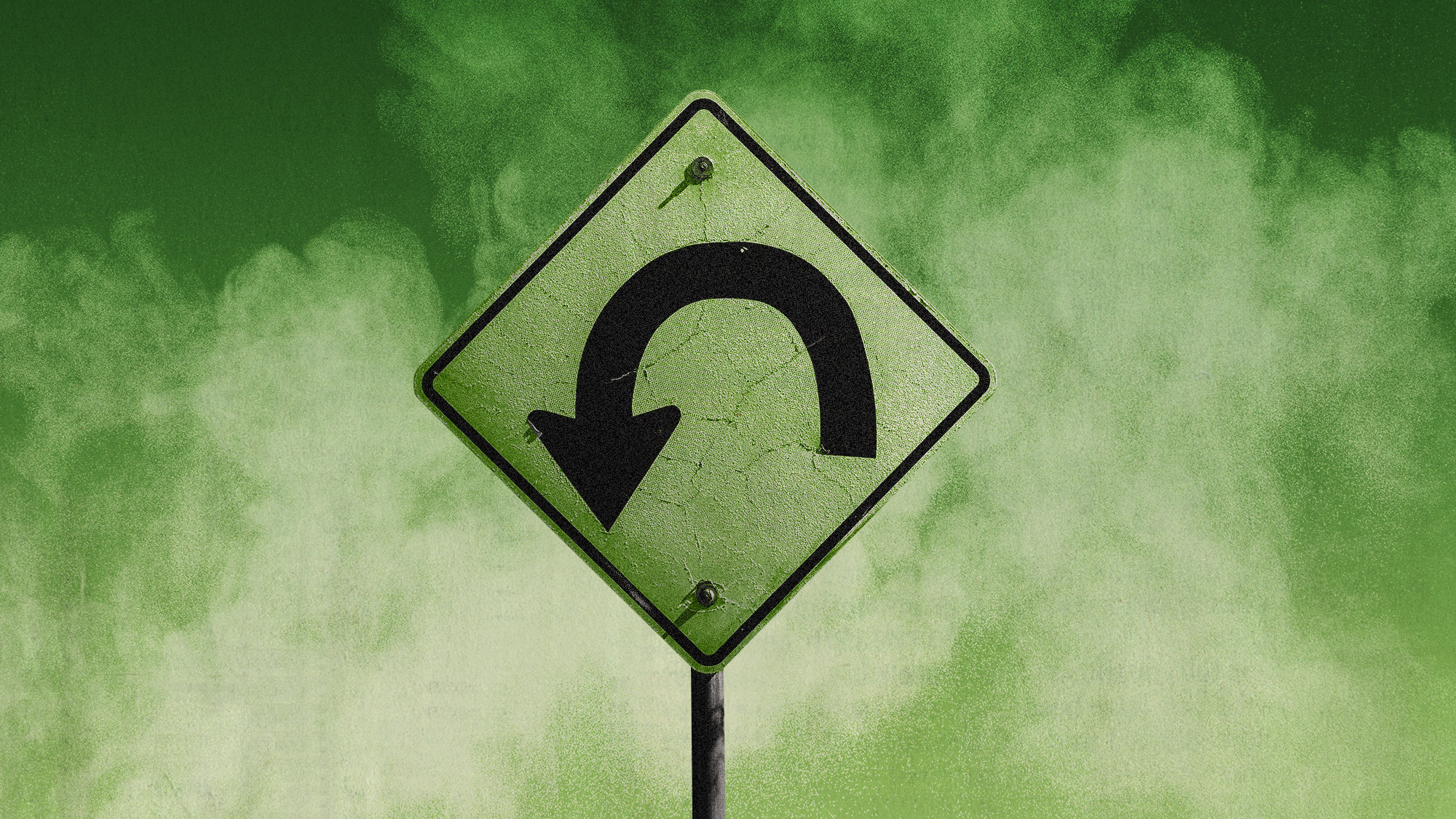 Thailand is rolling back on its legal cannabis empire
Thailand is rolling back on its legal cannabis empireUnder the Radar Government restricts cannabis use to medical purposes only and threatens to re-criminalise altogether, sparking fears for the $1 billion industry
-
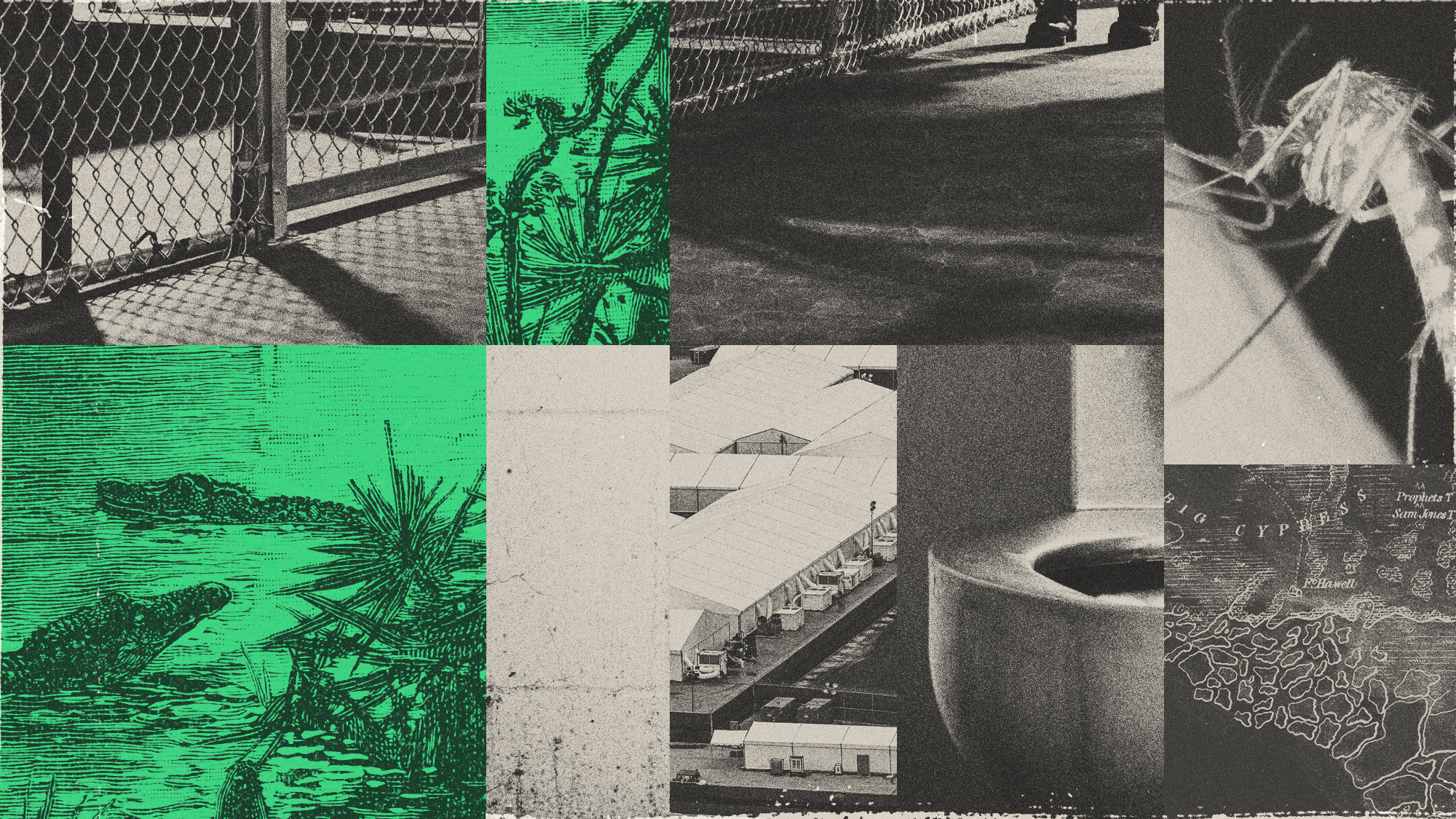 Insects and sewer water: the alleged conditions at 'Alligator Alcatraz'
Insects and sewer water: the alleged conditions at 'Alligator Alcatraz'The Explainer Hundreds of immigrants with no criminal charges in the United States are being held at the Florida facility
-
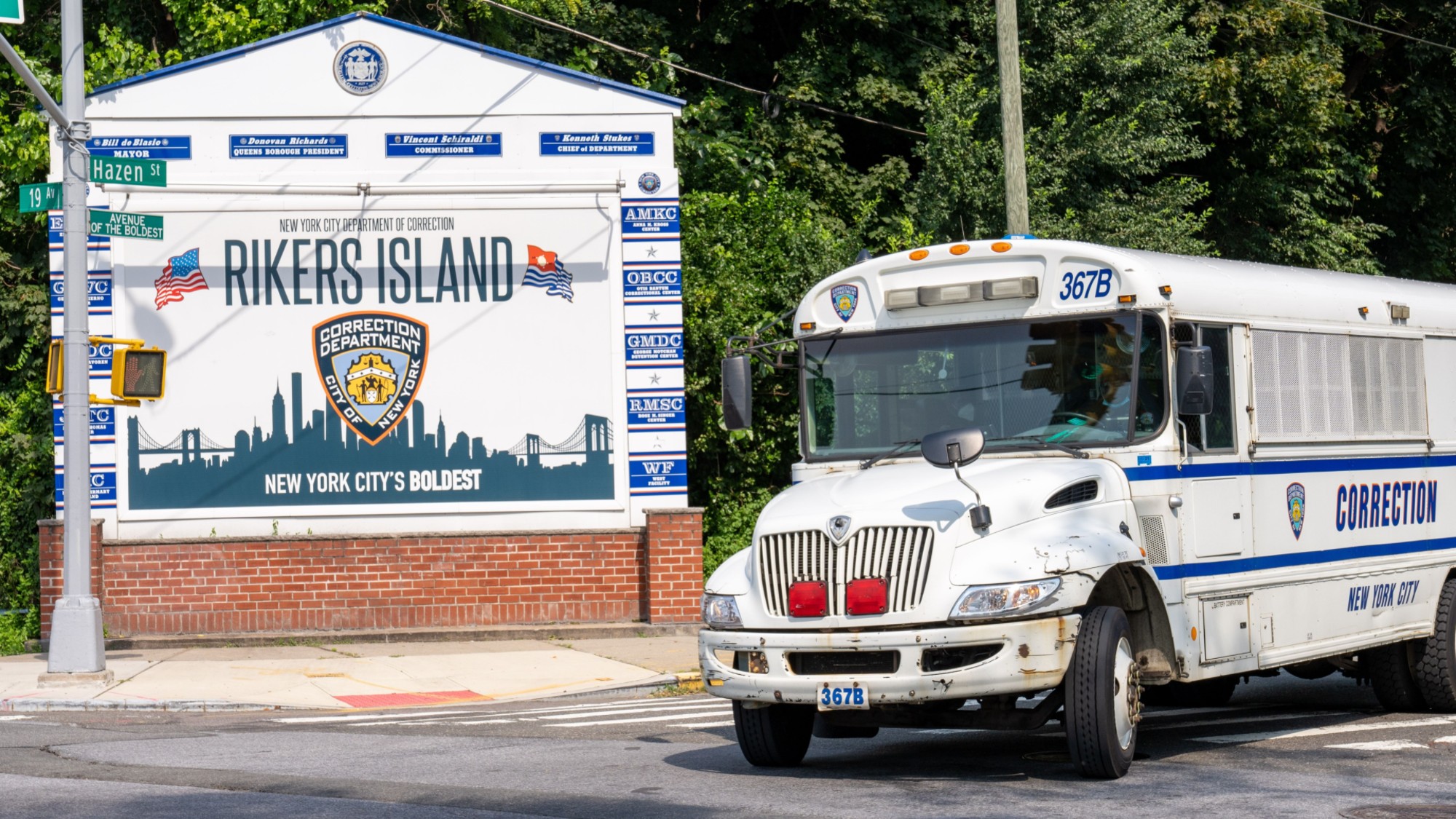 Why Rikers Island will no longer be under New York City's control
Why Rikers Island will no longer be under New York City's controlThe Explainer A 'remediation manager' has been appointed to run the infamous jail
-
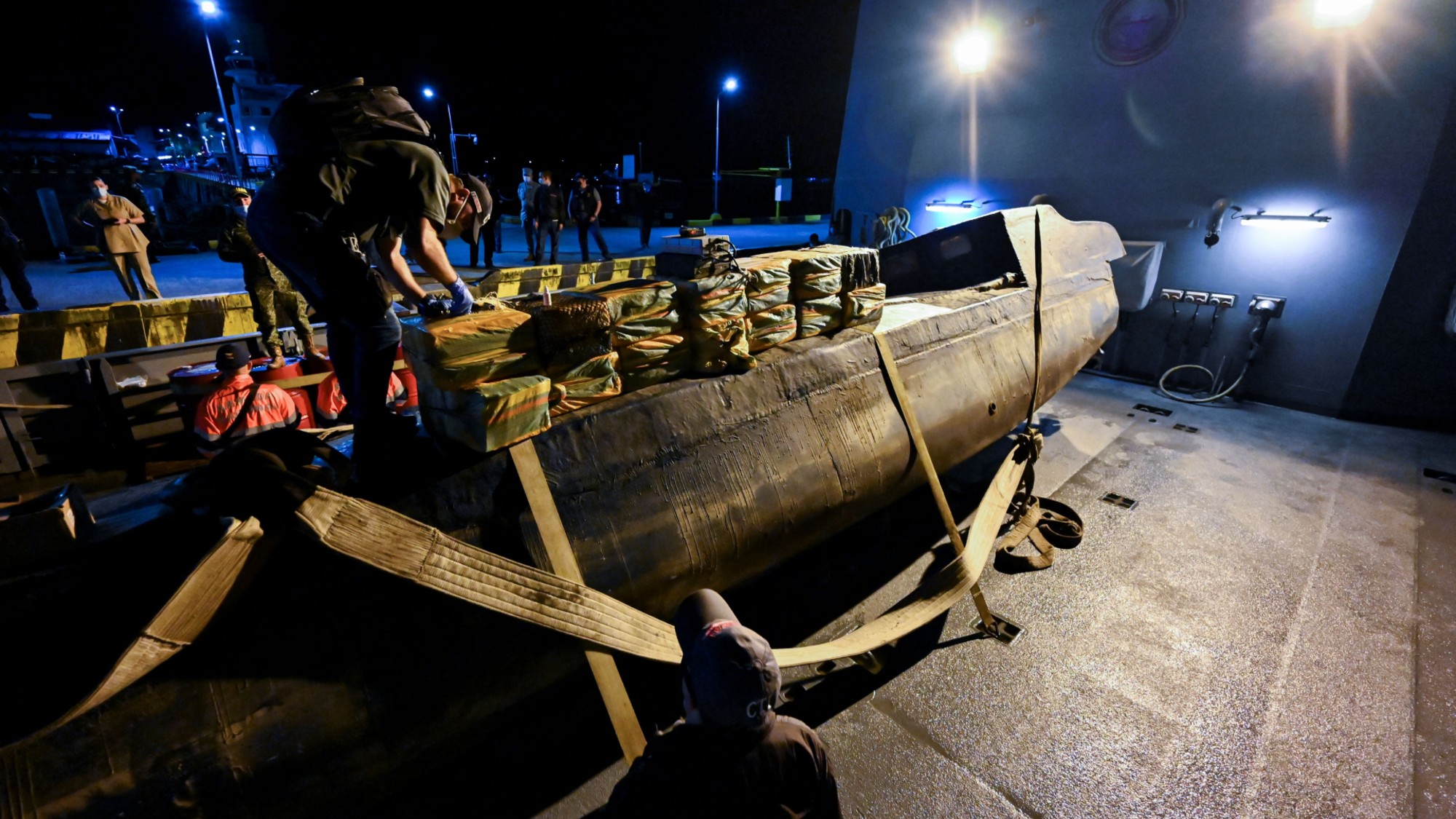 Narco subs are helping to fuel a global cocaine surge
Narco subs are helping to fuel a global cocaine surgeThe Explainer Drug smugglers are increasingly relying on underwater travel to hide from law enforcement